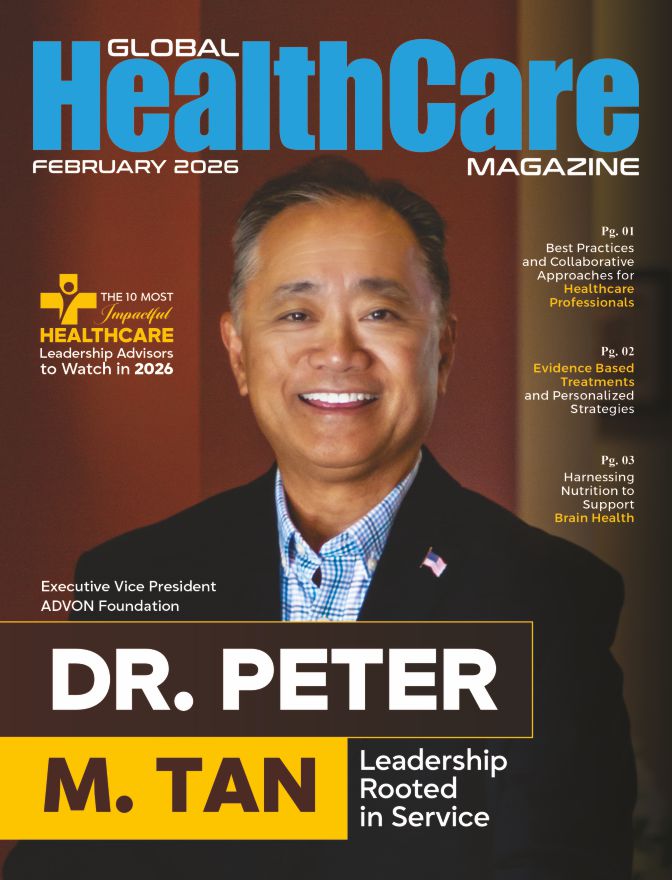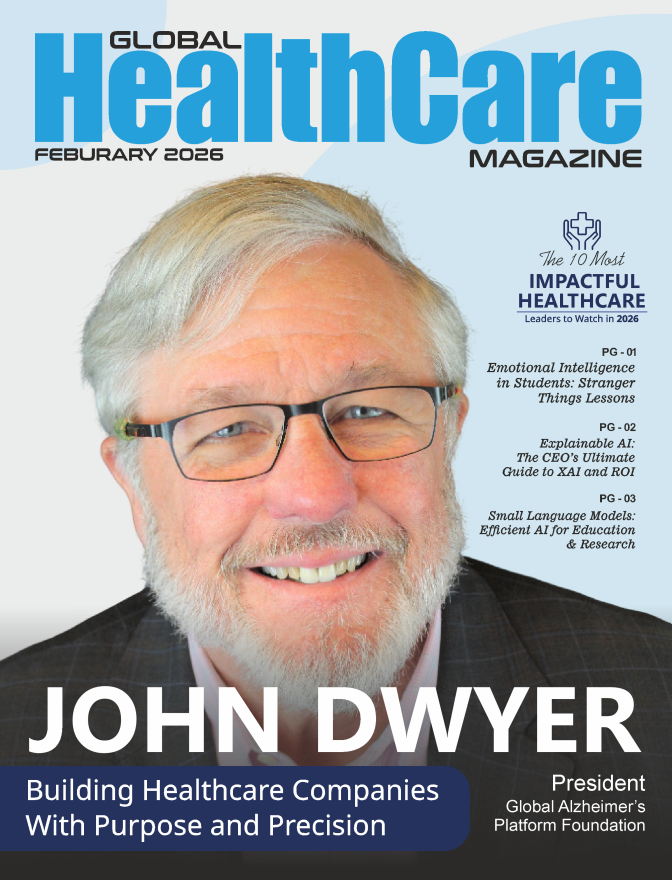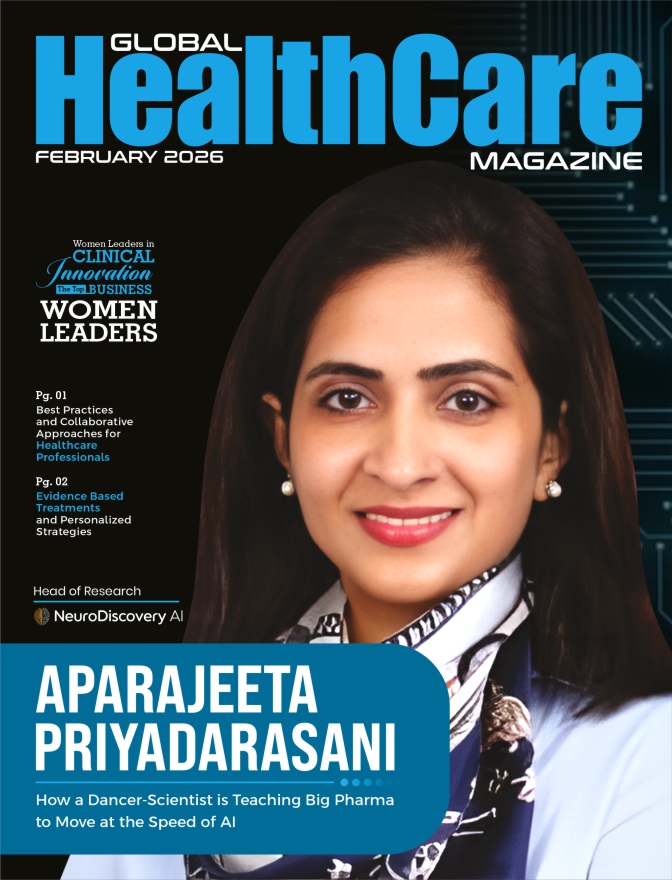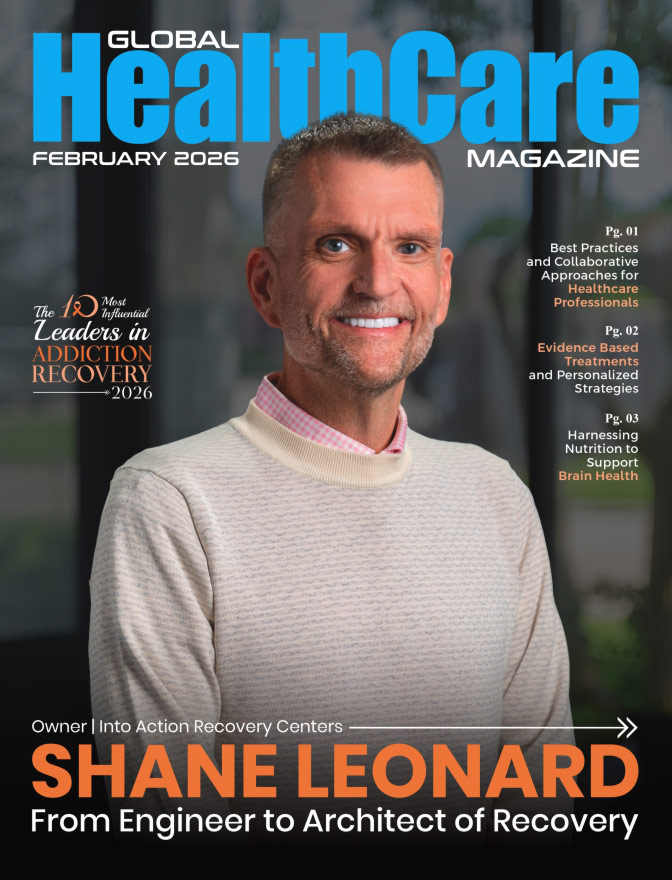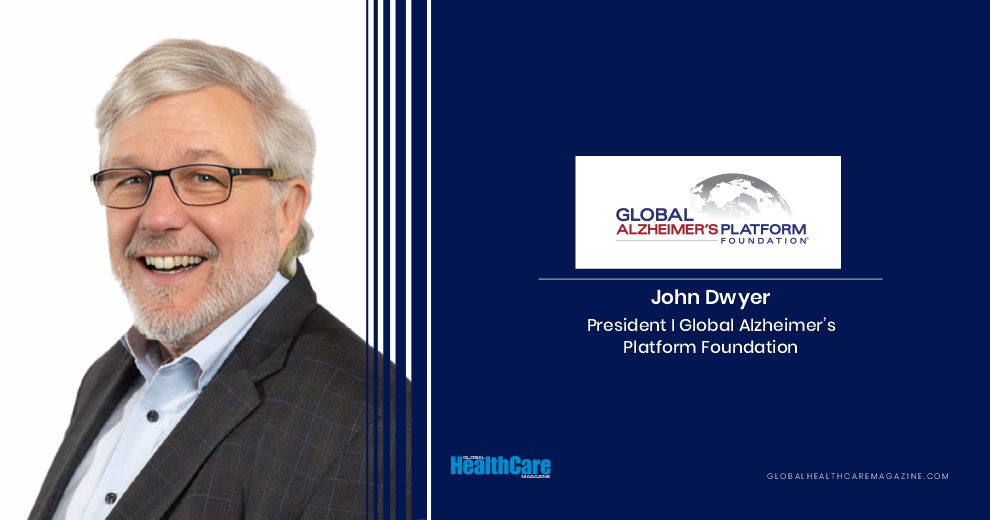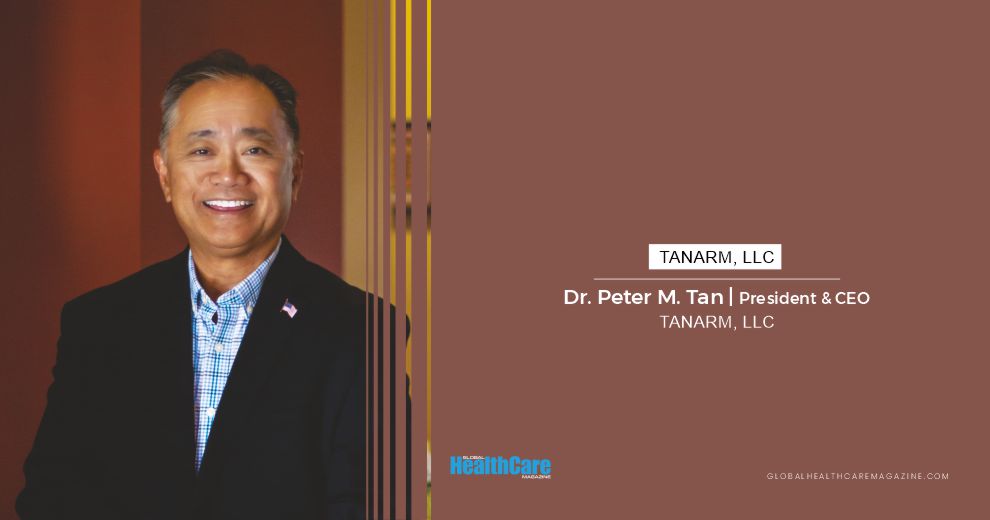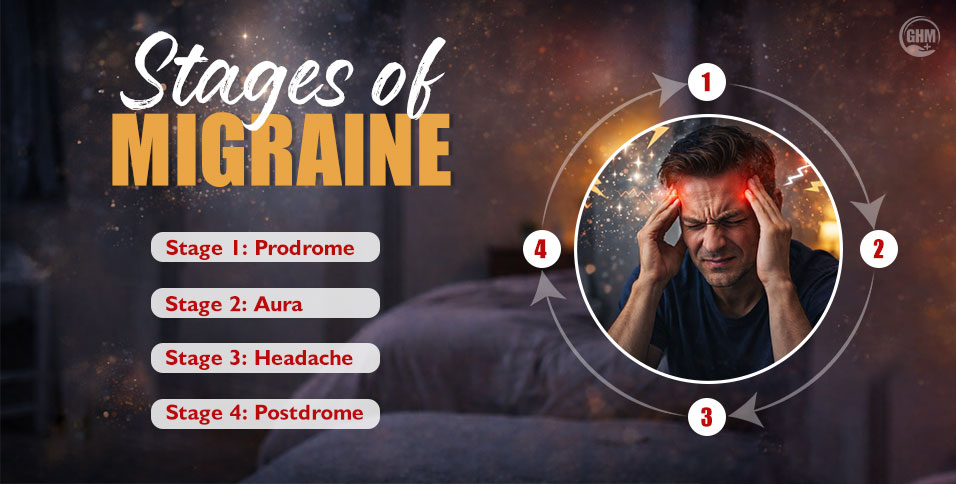At a rate never seen before, artificial intelligence (AI) is revolutionizing the healthcare sector. AI is being used in many different areas, from patient care and operational efficiency to diagnosis and treatment planning. In addition to increasing results, this shift is making it possible for healthcare providers to give more individualized, precise, and timely treatments. AI is transforming the way the healthcare system operates, whether it is through early disease detection or the optimization of hospital procedures. Understanding where and how AI is being used is crucial for professionals working in or entering this industry, which is where AI in healthcare courses come in.
Introduction
The global healthcare system is under pressure to operate more efficiently, identify patients more quickly, and deliver better care—often with fewer resources. In this case, artificial intelligence (AI) is playing a significant role. By providing predictive insights, automating complex processes, and analyzing massive datasets, artificial intelligence is transforming the healthcare industry.
Applications range widely, from virtual assistants who aid physicians during consultations to AI-powered imaging systems that identify cancers. But as the technology advances, so does the demand for qualified experts who can use AI in practical medical situations. For those looking to build expertise, enrolling in AI in healthcare courses can provide a strong foundation. These programs offer both technical training and domain-specific knowledge, preparing professionals to lead and adapt in this rapidly changing field. Let’s explore the top applications of AI in healthcare that are shaping the future of medicine.
The Top Applications for AI in Healthcare
1. Medical Imaging and Diagnostics
In certain tasks, AI-powered technologies can already analyze medical images with astonishing accuracy, frequently matching or even surpassing human radiologists.
Key Use Cases:
- Early cancer detection (e.g., skin, lung, breast)
- Recognizing fractures, brain hemorrhages, and anomalies in CT, MRI, and X-ray images.
- Setting urgent case priorities to automate the triage process.
Real-World Example:
Google’s DeepMind has created an AI system that can accurately identify more than 50 eye conditions from retinal scans, enabling ophthalmologists to make choices more quickly.
2. Predictive Analytics for Disease Prevention
AI algorithms that have been trained on huge datasets are able to spot trends that point to the early phases of chronic diseases or anticipate patient decline before it becomes a serious problem.
Key Use Cases:
- Forecasting readmissions to hospitals
- Predicting when diabetes or heart disease will manifest
- Finding people who are at a high risk of stroke or sepsis
Real-World Example:
To enable earlier interventions, Mount Sinai Health System in New York use AI algorithms to identify which COVID-19 patients are more likely to experience catastrophic conditions.
3. Virtual Health Assistants and Chatbots
Virtual assistants powered by AI are supporting both patients and healthcare providers by offering quick, reliable information and streamlining routine tasks.
Key Use Cases:
- Symptom checking and triage support
- Medication reminders and appointment scheduling
- Post-discharge follow-up and patient engagement
Real-World Example:
Babylon Health’s AI chatbot helps users assess their symptoms and provides basic health guidance, reducing the burden on human healthcare staff.
4. Drug Discovery and Development
AI is accelerating drug discovery by analyzing molecular structures, predicting how different compounds will behave, and optimizing clinical trials.
Key Use Cases:
- Identifying potential drug candidates
- Repurposing existing drugs for new diseases
- Speeding up the drug screening process
Real-World Example:
Insilico Medicine used AI to design a novel drug candidate for fibrosis in just 46 days,a process that typically takes years.
5. Personalized Treatment Plans
AI helps physicians tailor treatment plans based on a patient’s genetic profile, lifestyle data, and medical history.
Key Use Cases:
- Optimizing Cancer Treatment Using Precision Oncology
- Monitoring chronic conditions with wearable data
- Adjusting medication dosages based on real-time feedback
Real-World Example:
IBM Watson for Oncology uses natural language processing and machine learning to recommend evidence-based treatment options tailored to individual patients.
6. Hospital Operations and Workflow Automation
AI is also being used behind the scenes to streamline hospital administration and reduce operational inefficiencies.
Key Use Cases:
- Predicting patient admission rates and managing bed availability
- Optimizing staff scheduling
- Automating billing, claims, and inventory management
Real-World Example:
Mayo Clinic uses AI to predict ICU patient admissions and ensure that staffing and resources are allocated efficiently.
7. Remote Monitoring and Telemedicine
With the rise of telehealth, AI plays a vital role in enhancing remote patient monitoring and virtual care delivery.
Key Use Cases:
- Monitoring vital signs through wearable devices
- Analyzing patient data for early warning signs
- Enhancing virtual consultations through voice-to-text and diagnostic support
Real-World Example:
Philips Healthcare has developed AI-based platforms that monitor patients remotely, alerting clinicians in real time when intervention is needed.
Conclusion
In a nutshell, the most cutting-edge uses of AI in healthcare, ranging from medication development and diagnostics to customized care and hospital automation, are completely changing how medical systems function. In addition to improving patient care, these developments are streamlining processes, increasing precision, and facilitating preventative measures. For professionals looking to contribute meaningfully in this space, artificial intelligence in healthcare courses offers a comprehensive way to build relevant skills. These courses cover real-world use cases, introduce industry-standard tools, and provide hands-on learning experiences that bridge the gap between theory and application. Whether you’re in medicine, IT, or management, such programs equip you to understand, implement, and innovate with AI technologies that are shaping the future of healthcare.
Also Read: Dr. Sulaiman Al Habib: A Pioneer in Modern Healthcare


